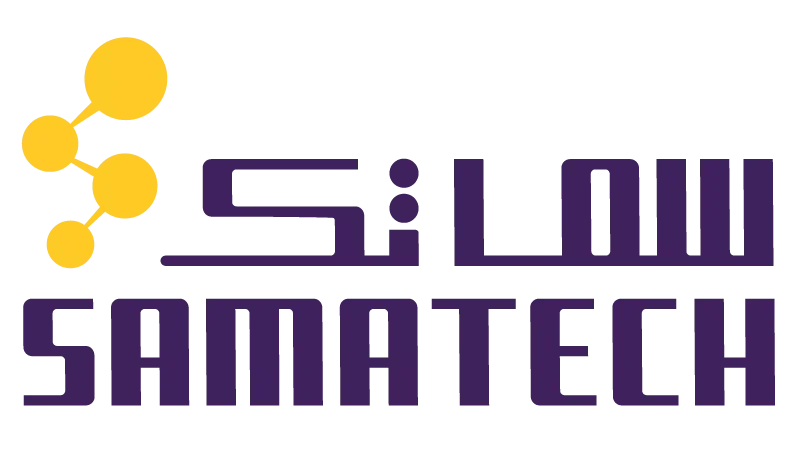The person who chooses to use the drug the first time may do so willingly, but they do not wish to become addicted. For example, take someone who has received a diagnosis of skin cancer from too much sun exposure. The person could have stayed out of the sun more, but the disease was not the person’s choice. At FHE, we are committed to assisting you in making progress towards a new life free from the grips of addiction. Gambling disorder, characterized by persistent gambling despite negative consequences, affects about 2 million U.S. adults, according to the National Council on Problem Gambling. Internet gaming disorder, where excessive online gaming causes distress, impacts what does drug addiction mean between 0.3% and 1.0% of the population, according to the American Psychiatric Association.
The Root Causes: A Perfect Storm of Factors

Whether or not drug addiction or alcoholism is a disease or a mental disorder, it is a problem of behavior that can be treated. Many people who combat the disease model of addiction will make the point that the addicted person chooses to start using drugs or alcohol. For centuries, addiction to alcohol and drugs has been seen as a moral failing.

What Are the Risk Factors for Addiction?
Up until about five years ago, we had never done or received a call from someone who uses marijuana. Most of these clients do not have mental disorders after they arrive at treatment or not as many or as severe as the client was told by their provider. The marijuana that is being sold today in dispensaries has astonishingly high levels of THC. The amount of THC in legal marijuana and drug addiction treatment gummies is causing some of the worst psychosis and mental disorder cases we have seen.
While the disease model of addiction has gained widespread acceptance in the medical community, it’s not without its critics. Some argue that labeling addiction as a disease removes personal responsibility and agency from the equation. They worry that it might discourage individuals from believing in their ability to change.
Short-Term Effects of Drug Addiction
The Center for Disease Control and Prevention (CDC) estimates that over 70,000 Americans die from drug overdoses each year, a number that includes deaths from both legal and illegal substances. This highlights the urgency of addressing addiction as a disease rather than a personal failing. Changes in brain function and structure in addiction exert a powerful probabilistic influence over a person’s behavior, but one that is highly multifactorial, variable, and thus stochastic. Philosophically, this is best understood as being aligned with indeterminism, a perspective that has a deep history in philosophy and psychology 84. In his classic 1960 book “The Disease Concept of Alcoholism”, Jellinek noted that in the alcohol field, the debate over the disease concept was plagued by too many definitions of “alcoholism” and too few definitions of “disease” 10. He suggested that the addiction field needed to follow the rest of medicine in moving away from viewing disease as an “entity”, i.e., something that has “its own independent existence, apart from other things” 11.
- Understanding these motivations is important for tackling substance abuse and dependence effectively.
- Drug addiction, also called substance use disorder, is a disease that affects a person’s brain and behavior and leads to an inability to control the use of a legal or illegal drug or medicine.
- To learn more specifically about opioid use disorder, visit Treatment for Opioid Addiction.
Substituted cathinones can be eaten, snorted, inhaled or injected and are highly addictive. These drugs can cause severe intoxication, which results in dangerous health effects or https://ecosoberhouse.com/ even death. Some drugs, such as opioid painkillers, have a higher risk and cause addiction more quickly than others. Substance use disorder (SUD) is a medical diagnosis based on a set of well-defined criteria.
Social Stigma Considerations
- Drug misuse is the use of illegal drugs or the improper use of legal/prescribed drugs for a purpose other than what they were intended.
- An intervention presents a loved one with a structured opportunity to make changes before things get even worse and can motivate someone to seek or accept help.
- Even when they are willing to consider it, it’s not uncommon for them to still feel unsure or say no.
- Ideally, these medications are used short-term, but each person’s experience with the disease of addiction varies.
- Substituted cathinones, also called “bath salts,” are mind-altering (psychoactive) substances similar to amphetamines such as ecstasy (MDMA) and cocaine.
Understanding that addiction is a mental health disorder, provides insight into the integrated treatment approaches that are needed for effective treatment and recovery. Despite these advances, we still do not fully understand why some people develop an addiction to drugs or how drugs change the brain to foster compulsive drug use. As a result of scientific research, we know that addiction is a medical disorder that affects the brain and changes behavior. We have identified many of the biological and environmental risk factors and are beginning to search for the genetic variations that contribute to the development and progression of the disorder. Scientists use this knowledge to develop effective prevention and treatment approaches that reduce the toll drug use takes on individuals, families, and communities. There are so many symptoms of mental disorders that parallel substance use disorders.
Medications for opioid use disorder (MOUD)

Substance use disorder is the self-medication of all problems, whether it is mental health, trauma, or both. When the intended patient self-medicates, they are not only making underlying symptoms worse; they are not fixing the problem. The biological/genetic medical model of addiction believes that addiction is a biological disease with a predisposition that can be diagnosed and treated. The model assumes that a lifetime of total abstinence is required and that resuming substances at any time will result in a full-blown relapse. The medical model believes alcoholism and drug addiction are chronic and progressive (Jellinek Curve). The medical model believes you did not cause the problem, and you cannot fix the problem; there is no cure.
Addiction Treatment Programs
One of the brain areas still maturing during adolescence is the prefrontal cortex—the part of the brain that allows people to assess situations, make sound decisions, and keep emotions and desires under control. The fact that this critical part of a teen’s brain is still a work in progress puts them at increased risk for trying drugs or continuing to take them. Introducing drugs during this period of development may cause brain changes that have profound and long-lasting consequences. In all cases, professional treatment and a range of recovery supports should be available and accessible to anybody who develops a substance use disorder. The first step in treating addiction is often detoxification, which allows the body to clear itself of the substance.
Today’s THC use often causes mental disorder symptoms greater than crystal methamphetamine use. The parents of the intended patient don’t understand because the marijuana they smoked or tried as a young adult wasn’t legal and was low-level THC. Before you jump to mental disorders as the primary, we have to address substance use.
These changes can persist long after substance use stops, which is why addiction is considered a “relapsing” disease—people in recovery remain at increased risk for returning to drug use even after years of abstinence. Thus, as originally pointed out by McLellan and colleagues, most of the criticisms of addiction as a disease could equally be applied to other medical conditions 2. This type of criticism could also be applied to other psychiatric disorders, and that has indeed been the case historically 23, 24. Few, if any healthcare professionals continue to maintain that schizophrenia, rather than being a disease, is a normal response to societal conditions. Why, then, do people continue to question if addiction is a disease, but not whether schizophrenia, major depressive disorder or post-traumatic stress disorder are diseases? This is particularly troubling given the decades of data showing high co-morbidity of addiction with these conditions 25, 26.
